We’ve all seen the movies that won’t let us sleep at night: AI rising up, overpowering humanity, turning us into slaves, and ultimately wiping out the human race from the earth.
These stories have a way of exploiting our deepest fears. We fear becoming slaves of uncanny robots that resemble us but turn out much superior and much more evil. The real question is whether there’s any truth to these stories.
Could AI really destroy the world, or are we just letting our imaginations run wild?
What Is AI Anyway?
First off, let’s break down what we mean by “artificial intelligence.” The AI we’ve come to know more lately isn’t of course some evil robot plotting to take over humanity. It’s more like a smart tool that learns from data to make decisions or predictions based on pure statistical operations.
Think of it like a supercharged toaster that knows exactly how you like your toast. If that toaster starts burning your toast every morning, it’s not because it wants to ruin your day; it’s probably because it learned that most people prefer their toast burnt. Or it’s broken and needs fixing. The latter is even more likely.
The Doom and Gloom Scenario
Some people worry that AI could be used for bad things, leading to disastrous results, like the end of the human race.
We believe that’s not entirely out of the map, and some studies indicate that. You only need AI-powered weapons to get into the wrong hands. Critical systems like power grids could be hacked, or something much worse. These are all valid concerns.
There’s also the fear that one day AI might become so advanced that it sees humans as a threat and decides to eliminate us.
Maybe we should be asking how likely this is. We don’t think it’s that likely because even if AI starts learning autonomously and creating other AI systems, there is no likely reason for it to want to end our race. But there is still a chance, of course.
This scary scenario is why some experts are calling for strict regulations and safety measures.
The Hopeful Side of AI
On the flip side, Artificial Intelligence has the potential to do a lot of good and we are already seeing that.
It can help doctors diagnose diseases faster and more accurately, assist in fighting climate change by optimizing energy use, improve agriculture by predicting crop yields, and whatnot.
AI is already helping solve complex problems that are currently beyond human capabilities. Some unsolvable math problems were already solved.
Some people even think that AI could save humanity from itself. They argue that humans are doing a pretty bad job of taking care of the planet, causing environmental damage, and fighting wars. A super-intelligent AI could step in and manage things better than we ever could, ensuring a more sustainable and peaceful world.
Who knows?
The Middle Ground: Ethical and Practical Concerns
If we were to choose, we prefer the middle ground.
The key question is how we choose to develop and use AI. It’s crucial to build AI systems that are transparent, fair, and aligned with human values. This means putting ethical guidelines in place and having strong regulations to oversee AI applications.
But handing over control to AI also raises big questions.
Who decides what a “good” AI looks like? How do we make sure AI decisions are truly in our best interests?
This is where it gets tricky, and why it’s important to involve many different people – not just tech experts, but also ethicists, policymakers, and even you.
Our Opinion
So, will artificial intelligence destroy the world?
The answer isn’t clear-cut. Not for us, not for anyone. AI is a powerful tool that can be used for both good and bad purposes. Its impact on our world depends on how we choose to develop and regulate it. While there are real concerns about the potential dangers of AI, there’s also a lot of potential for it to improve our lives and solve big problems. The goal is always to use AI wisely and ensure it’s used for our well-being rather than threatening it.
The truth is, it’s too soon to know for sure what the future holds for AI. We’re still in the early stages of understanding and developing this technology. At Blackout AI we’re trying each day to shed more light on the subject, but it’s still murky and gray.
Only time will tell whether AI will be our greatest tool or our biggest challenge.
— Blackout AI editors
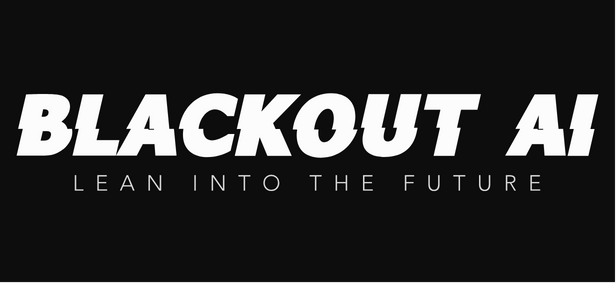
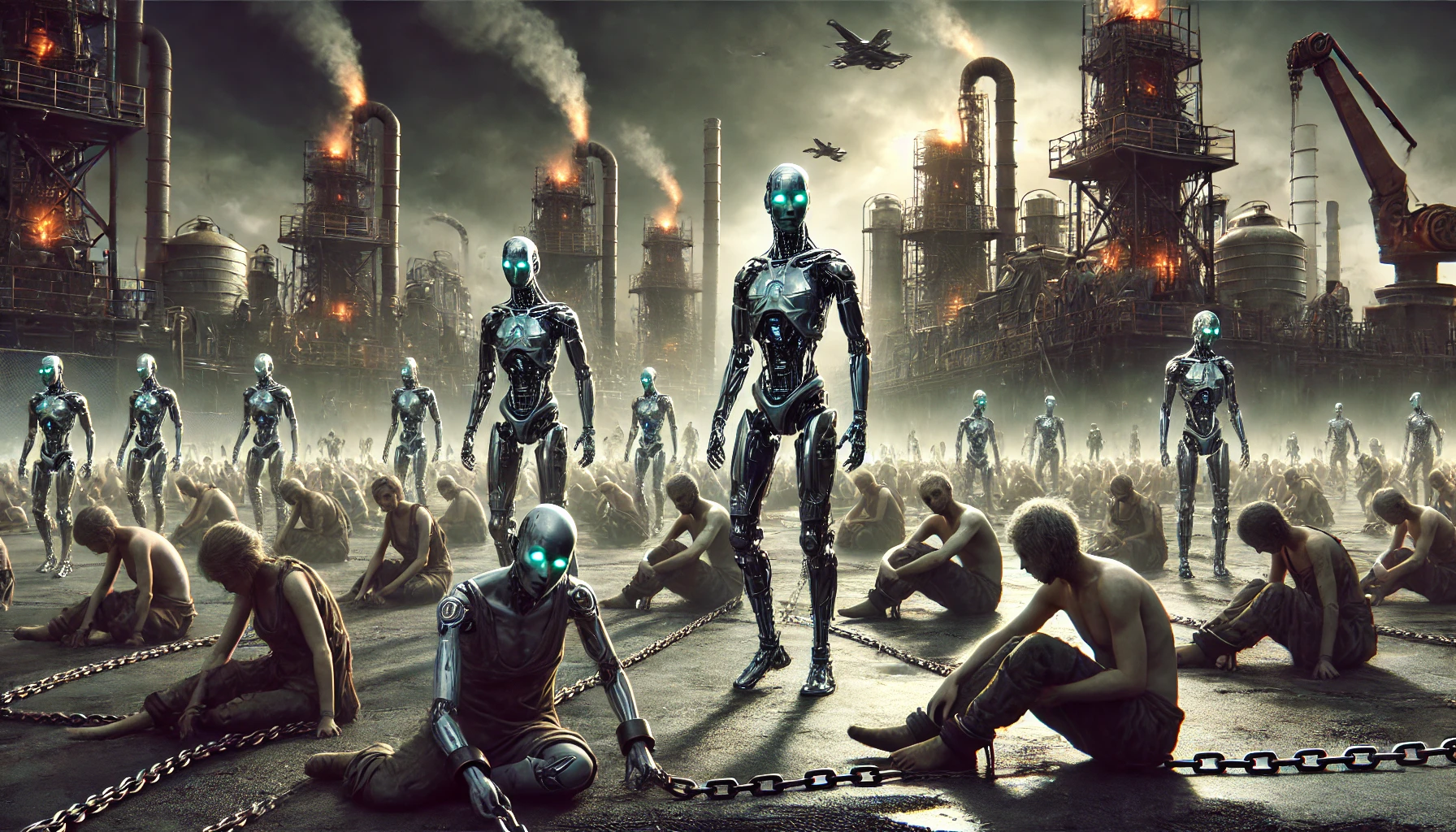
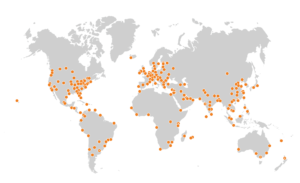



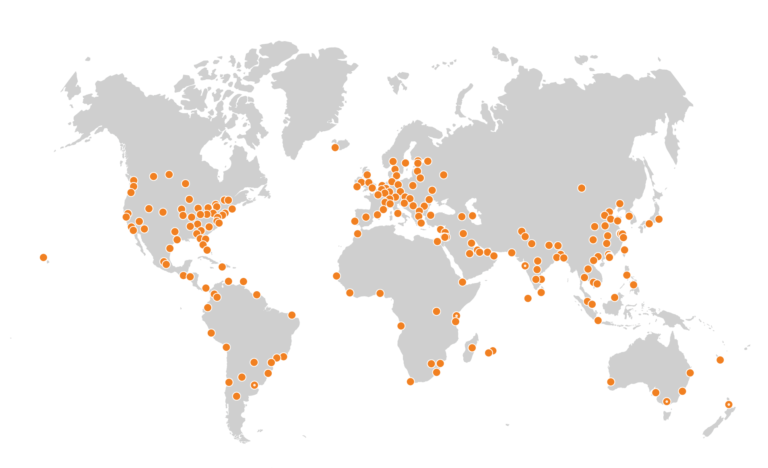


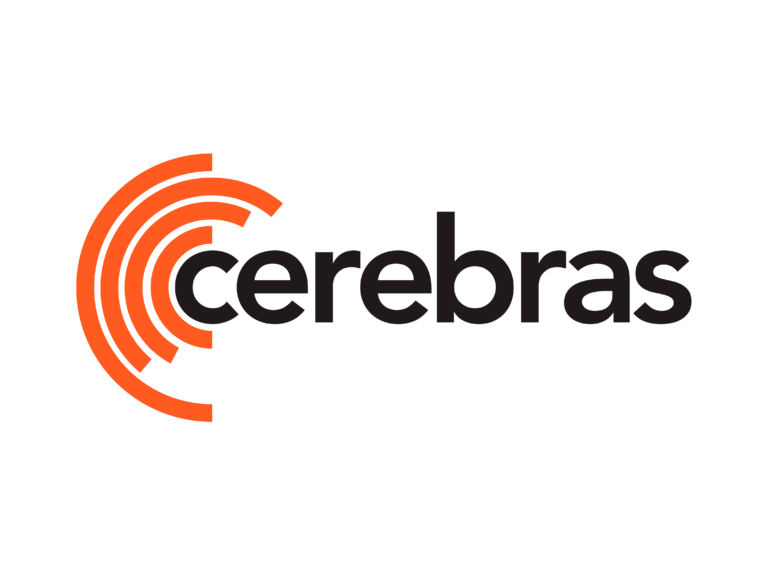

[…] It’s not that Artificial Intelligence will be the end of us all—not yet at least—but there’s growing consensus that Silicon Valley might one day view this period as the moment when the generative AI frenzy took a risky leap. […]